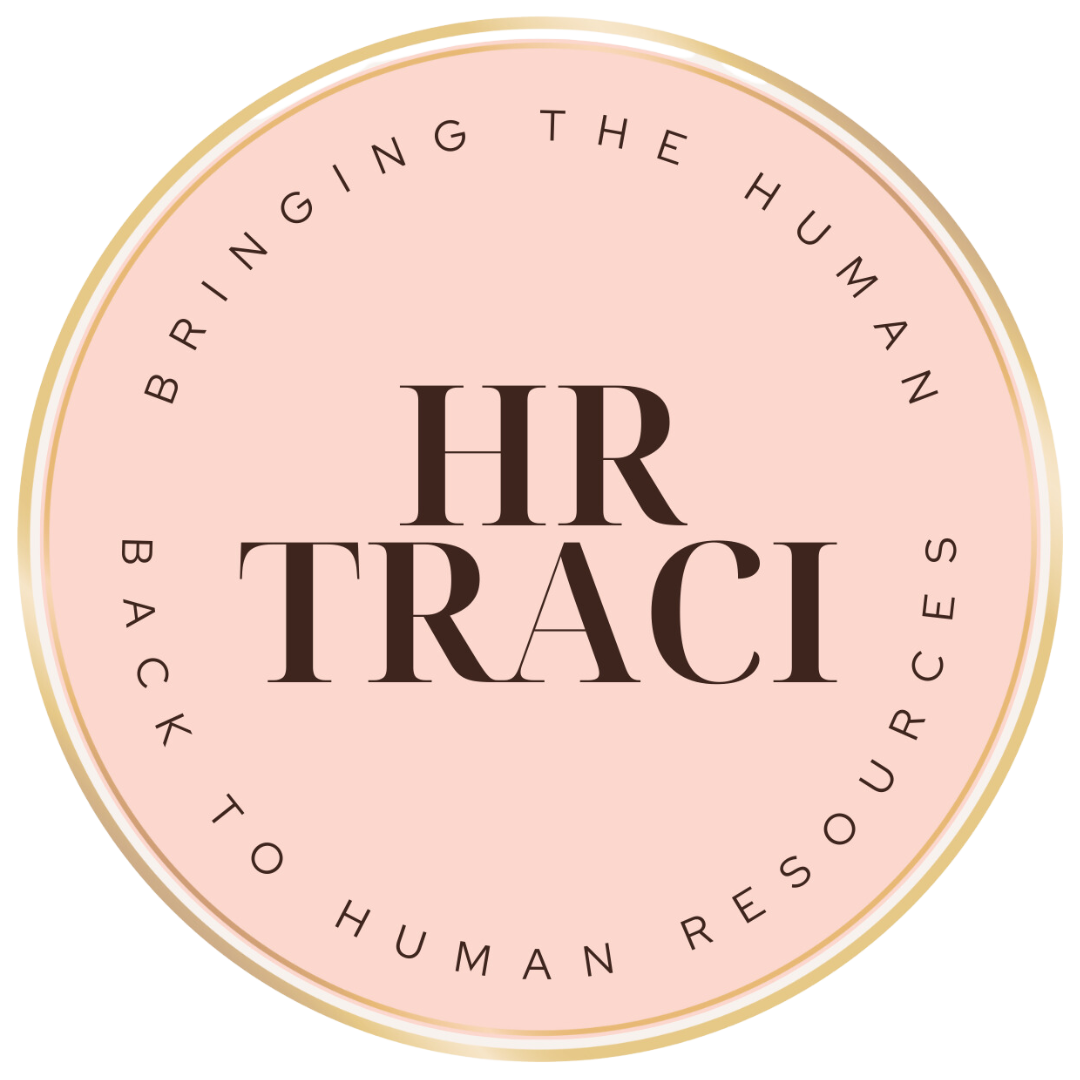Future-Proofing Your Career: The Power of Upskilling and Continuous Learning
The Uncomfortable Truth About Staying Relevant in 2025
Another week, another dive into what makes careers actually work in 2025. This episode hit on something we've been thinking about a lot lately: how do we keep up when everything around us won't stop evolving?
Tan Moorthy, the CEO of Revarture, joined to talk upskilling, and what started as a conversation about workforce development turned into something bigger—a blueprint for staying professionally alive in an era where standing still equals falling behind.
What made this conversation stick? The frameworks were refreshingly practical, the stories were specific, and there's a line about learning at the speed of change that we can't stop thinking about.
01:56 -- Content Without Communication Equals Failure
Tan started his career as a software engineer. But the pivot point in his professional life came from an unexpected place: getting fired from a project he was technically nailing.
A client rejected his company's proposal—not because the technology was weak, but because Tan couldn't communicate the solution effectively. The company lost the deal, and Tan gained clarity about what actually matters in business.
"It is not enough to have content, but you need to have communication as well," he explained. "Content and communication are two sides of the same coin if you need to succeed." That failure sent him to Toastmasters and eventually put him on stage with Steve Ballmer.
03:52 -- Comfort Zones Are Where Careers Go to Die
When Tan was crushing it in a business role at Infosys, he made a move that confused everyone: he switched into corporate HR. People warned him not to do it. They said it would tank his trajectory.
He did it anyway because when you're comfortable, you're not growing. That "risky" move cracked open opportunities he wouldn't have accessed otherwise.
"Getting out of comfort zones is another thing that you need to do to continuously learn," Tan said. His career became a pattern: get good at something, then deliberately step into the next uncomfortable thing.
06:57 -- The Three-Pillar Formula
Tan broke competence down into something tangible: knowledge, skills, and attitude, developed through education, engagement, and exposure.
Education means learning what's out there. Engagement means practice—you can't build skills without doing the work. Exposure means surrounding yourself with people who've already mastered what you're trying to learn.
As a leader, the job isn't pointing people toward training programs. It's building an environment where business needs align with individual passions, where mentorship happens naturally, where people get real projects to test new skills.
16:40 -- Why Knowledge Hoarding Backfires
Sharing knowledge doesn't make you replaceable. It makes you valuable. Tan was direct about this.
"If you don't share knowledge, somebody else will," he said. "That knowledge is not proprietary to you." The people clinging to information like it's their career security are missing what actually creates security—relationships, trust, and a reputation for helping others grow.
The math is simple: the more you give, the more you get.
22:19 -- Learning at the Speed of Change
When asked what someone should do to future-proof their career, Tan didn't recommend a certification or course. He offered a question: "How do you plan to stay relevant in this changing world?"
Then he dropped the line that's been rattling around since we recorded: "You've got to learn at the speed of change for you to stay in the same place that you are, let alone to run."
Continuous learning isn't about getting ahead anymore. It's baseline maintenance. The world is moving so fast that learning is what keeps you from falling backward. You can't predict what skills you'll need in five years, but you can build the muscle of adaptation so that when everything shifts again, you're already moving.
So What's Your Next Move?
Whether you're an individual trying to stay relevant or a leader building teams that can adapt, the question remains: how fast are you learning compared to how fast things are changing?
The three-pillar framework, the comfort zone challenge, the knowledge-sharing mindset... they're all real strategies. But so is the hard truth that standing still means falling behind. The organizations and professionals who win aren't the ones with perfect five-year plans—they're the ones who've built learning into their DNA.
The full conversation explores more on creating learning ecosystems that actually work, why mentorship benefits both sides equally, and how upskilling existing employees delivers better ROI than constantly hiring from outside.
Want to connect?
Find Tan Moorthy: LinkedIn | Revature.com
Contact Traci: https://linktr.ee/HRTraci
Thinking about upskilling strategies for your team? Share your story or recommend a guest here.

